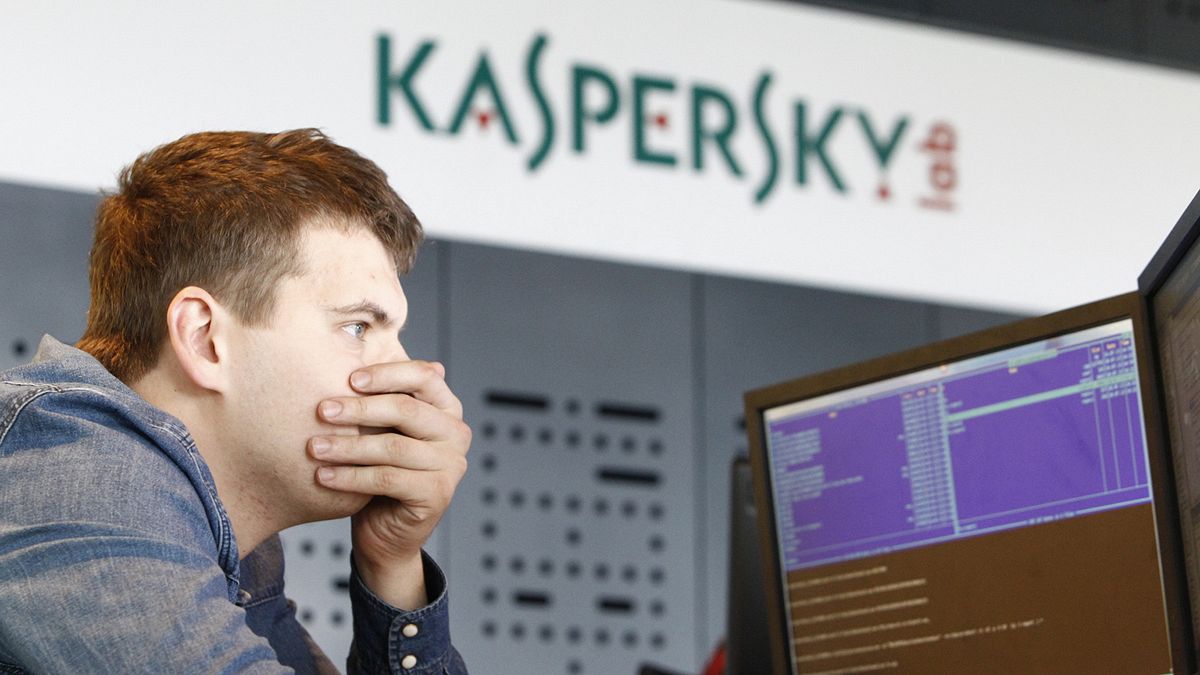Russian President Vladimir Putin recently suggested “information threats” should be a top priority for the federal security service and other state
Russian President Vladimir Putin recently suggested “information threats” should be a top priority for the federal security service and other state agencies.
In a meeting between the president and members of the IT sector in 2015, Putin suggested the government should monitor and punish “information attacks.”
And it appears his message has been taken to heart in the private sector, too.
Natalia Kasperskaya, co-founder of the Russian anti-virus giant Kaspersky Lab (in Russian), is setting up a new centre for monitoring so-called online information attacks. It will be launched in Innopolos, dubbed Russia’s version of Silicon Valley, which is situated close to Kazan, in Tatarstan.
Kasperskaya told Vedomosti newspaper (in Russian) that while Russia already has agencies to oppose and respond to cyber attacks, “this will be the first organisation of its kind monitoring and preventing information attacks online.”
The Kremlin has yet to publicly comment on the launch of the monitoring centre, which is reportedly still looking for investors.
What is an “information attack”?
The centre’s other co-founder, Igor Ashmanov, describes an information attack as “propaganda campaigns, disinformation, fakes and viral content,” specifically with political or commercial targets.
Their venture will use e-reputation software, which has been developped by Kibrum and is “sophisticated enough to predict an information attack online as soon as it starts, as well as to spot its organisers.”
Traditional blocking and filtering tools are increasingly seen as ineffective, writes Tetyana Lokot, Contributing Editor at Global Voices. Lokot adds that the Russian authorities are attempting to build pressure on Internet users.
International human rights group Agora adds in its most-recent yearly report:
“The effective prison sentences handed down for liking and sharing information published on social media aim to intimidate users and deter them from discussing sensitive social problems. The topics that present a particularly high risk in this regard include, inter alia annexation of Crimea, Russian military manoeuvres in Eastern Ukraine, religion, LGBTI, corruption, and anti-government protests.”
Monitoring group Freedom House says Internet freedom in Russia has “deteriorated steadily” in recent years.
Russia — along with Egypt and Thailand — is rated “not free.” The worst-ranked country for Web freedom is China.
FOTN 2015 Country Score Comparison
Create column charts
The challenge is that Internet infiltration is on the up and the strategy of “Web independence” coming out of the USA in search engines such as Yandex, for example, is both effective and successful.
